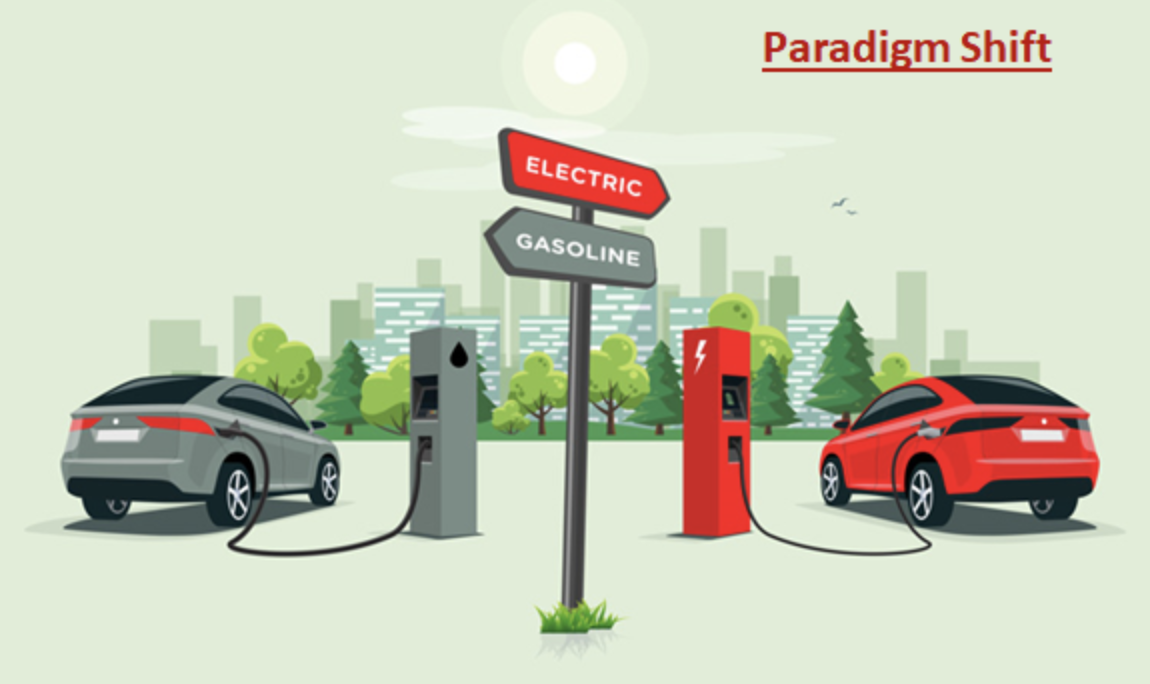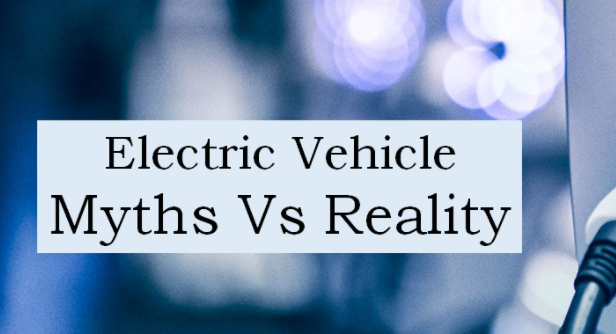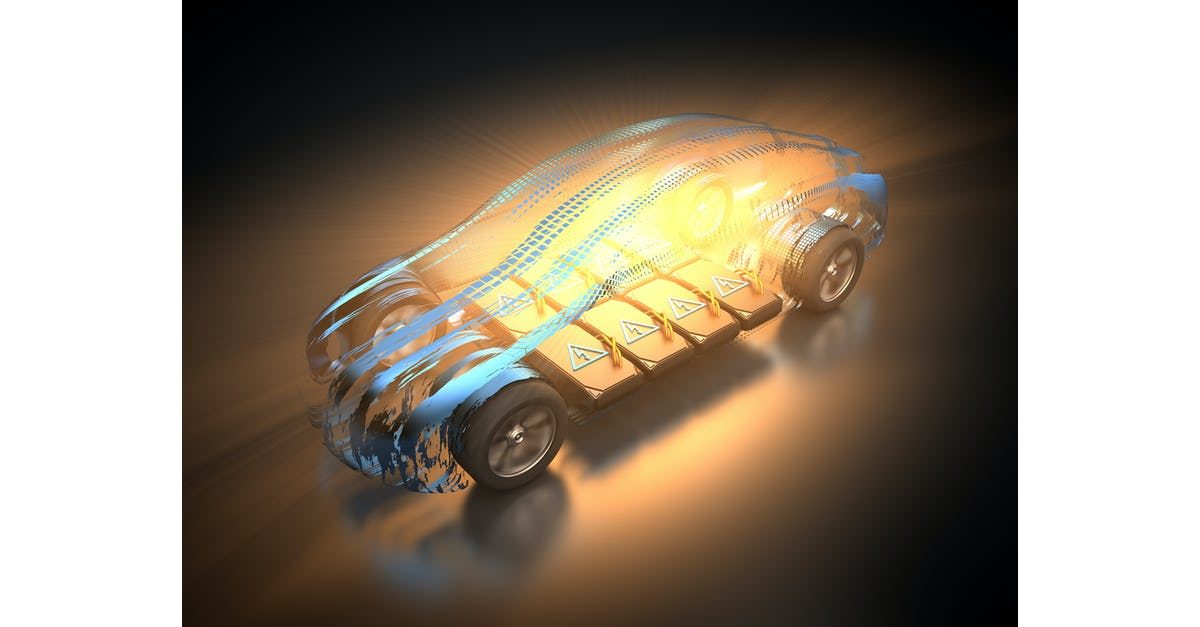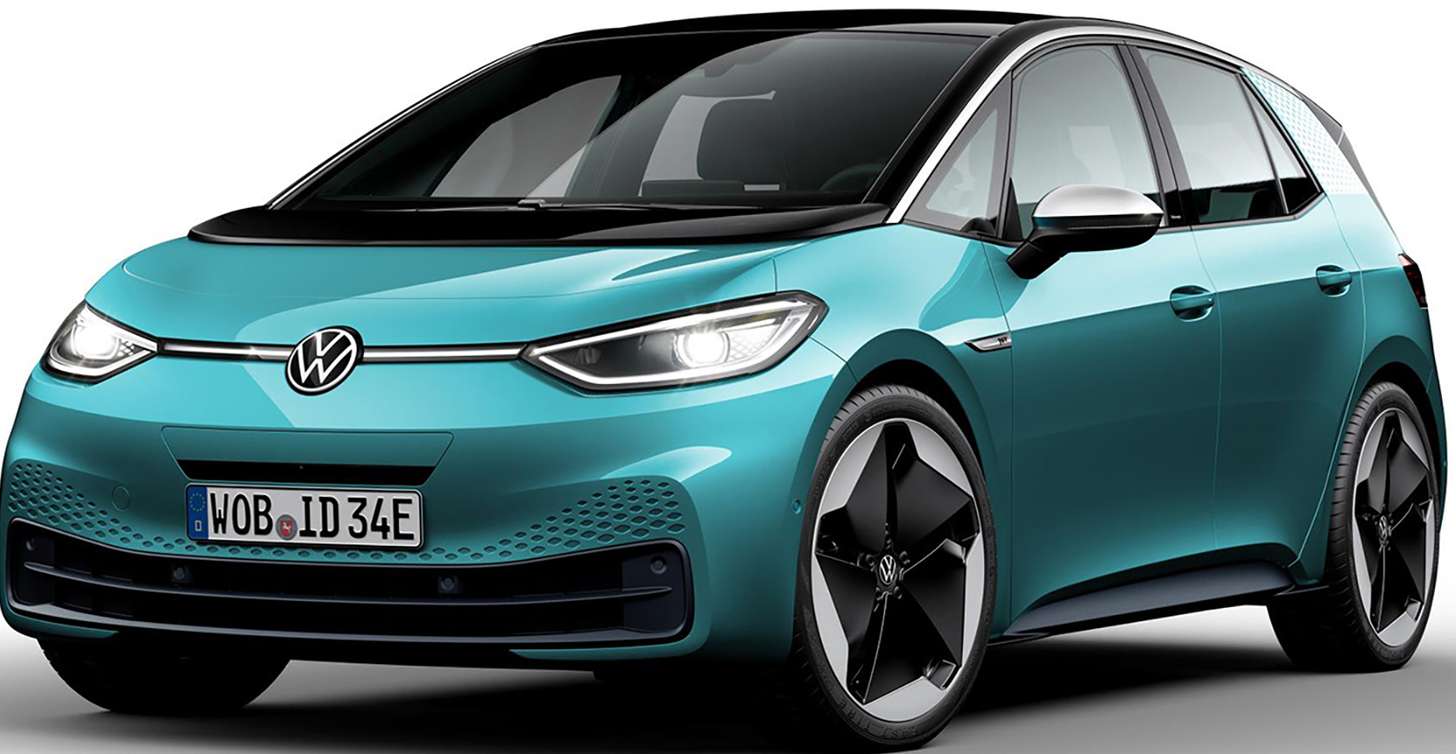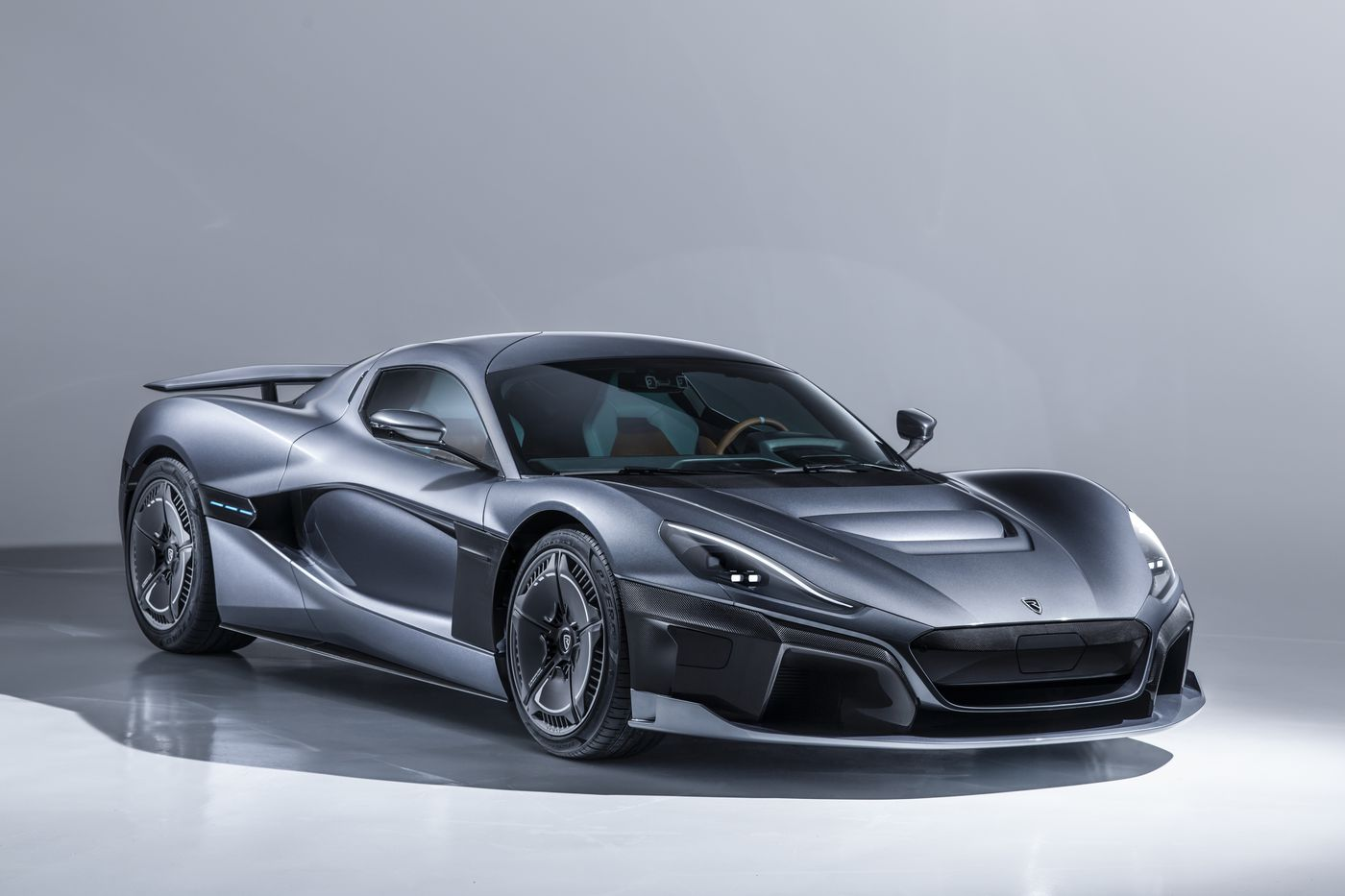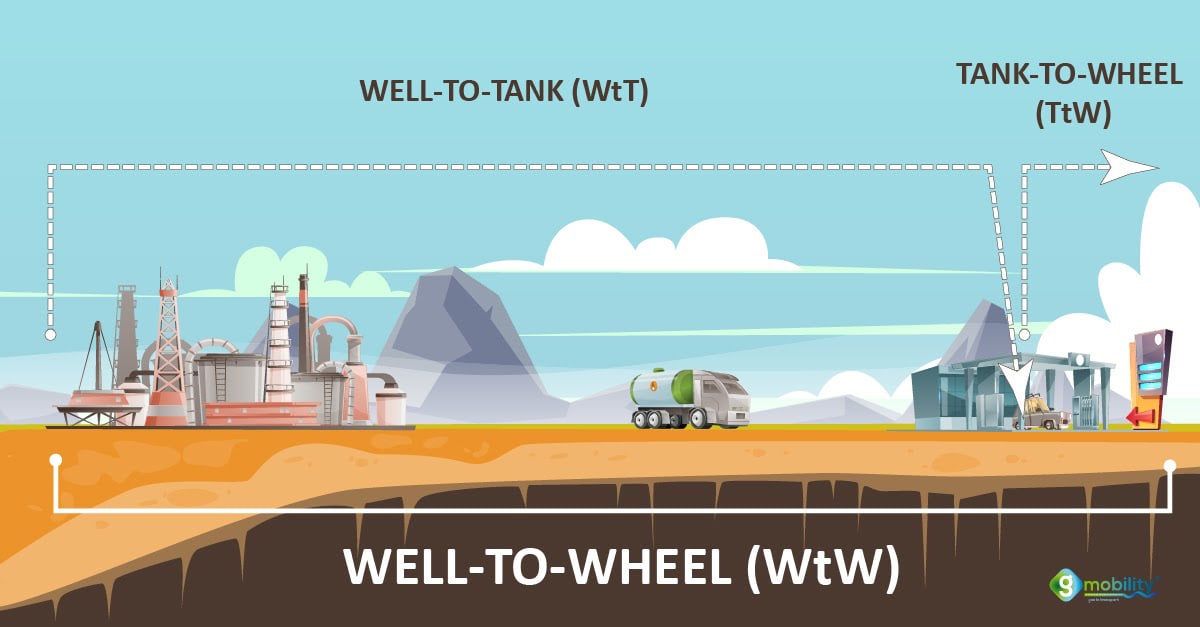EVs are not expensive anymore...here's why
In the long run, EVs are cheaper than Petrol cars
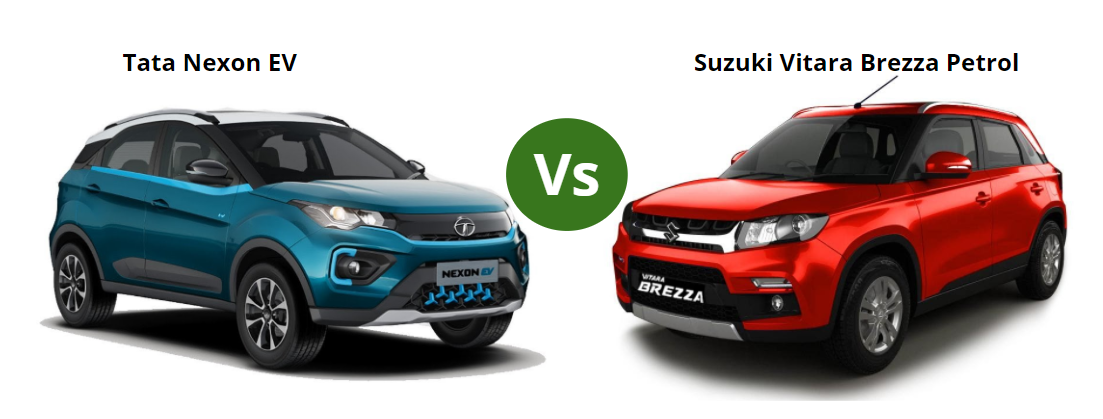
Even though car purchase is an emotional choice, one of the key factors influencing the buying decision is
cost. To know the real cost of purchase, one needs to know the
Total Cost of Ownership (TCO).
For this, we compared TCO of India's best selling EV,
Tata Nexon EV with Petrol
SUVs, Suzuki
Vitara Brezza petrol
In Summary:
-
The total cost of ownership of EV over a 6 year period is less than the Petrol car
-
Onroad price of EVs are costlier compared to Petrol cars because of Battery cost
-
Lower electricity cost in comparison to petrol makes EV cheaper to run
-
EVs have less moving parts compared to a Petrol engine, which makes EVs cheaper to maintain
-
EVs come with a staggering 8 years warranty compared to 2 years warranty on Petrol cars

While calculating the total cost of ownership we considered the following factors,
-
Purchase price
-
Running cost / Fuel Cost
-
Maintenance cost
-
Resale value
-
Assumption: All costs are calculated for 6 years / 90,000 km. Costs / Price are in INR
Purchase Price
The purchase price is the upfront cost you pay to buy a car. An EV is expensive over a petrol car because of the cost of the Battery Pack. But the battery packs are lot cheaper now in comparison to what it was a couple of years earlier. In addition, EVs benefit from the Registration and Road tax exemption provided by the states (RTO charges). For this calculation, we are assuming full cash purchase to avoid the complication of interest rates. In fact in India EVs have a tax rebate; up to Rs. 1,50,000 interest can be deducted from the overall income. On purchase Nexon EV is costlier by Rs. 3.64 lakhs compared to Brezza petrol

Running Cost / Fuel Cost
Running cost is where EVs win hands down in comparison to its Petrol rival. The cost of electricity is far less compared to the petrol price. With increased renewable energy going into the grid, electricity is greener than before. Nexon EV has a 30kwH battery and a city range of around 250km (ARAI - 312 km); Vitara Brezza has a city mileage of approx 17kmpl (ARAI - 18.76kmpl). Assuming an average 15,000km run / year; with 6 years / 90,000km coverage Nexon EV can save Rs. 3.2 lakhs over Brezza petrol. This almost recovers the entire difference in the on-road price


Maintenance Cost
With fewer moving parts compared to the petrol engine, EVs are a lot cheaper to maintain compared to the petrol engine. Here again, EVs fare better than Petrol cars. On a per km level, EVs maintenance costs are 1/3rd of Petrol.


Resale Value
Resale value is not as straight forward as other costs, it depends on so many factors including Brand, Vehicle sales, Market dynamics, etc. Particularly for EVs, the resale value information is not available. Even though the resale value of EVs may not be as good as a petrol car now, but given the imminent transition to EVs petrol cars will start losing its value faster than EVs. For this calculation, we have assumed a better resale value % for Petrol than EV

Total Cost of Ownership (TCO)
When all these costs are added up, EVs total cost of ownership is Rs. 7,684 less than its petrol counterpart. Means EVs break-even in less than 6 years. If the yearly run is more than 15,000km then the break-even point would be even lesser. Hence its a myth to say that EVs are costlier



Source:
-
On-Road Price - cardekho.com
-
Vitara city mileage - Cartrade.com
-
The maintenance cost of Vitara - marutisuzuki.com
Hope you found this article useful. To receive automatic notification for our future articles, please don’t forget to subscribe below
Team "EV Quotient"
(EV Quotient is a platform to discuss and learn about electric vehicles. It’s an initiative by a team of experienced Automotive professionals with Global Exposure)

